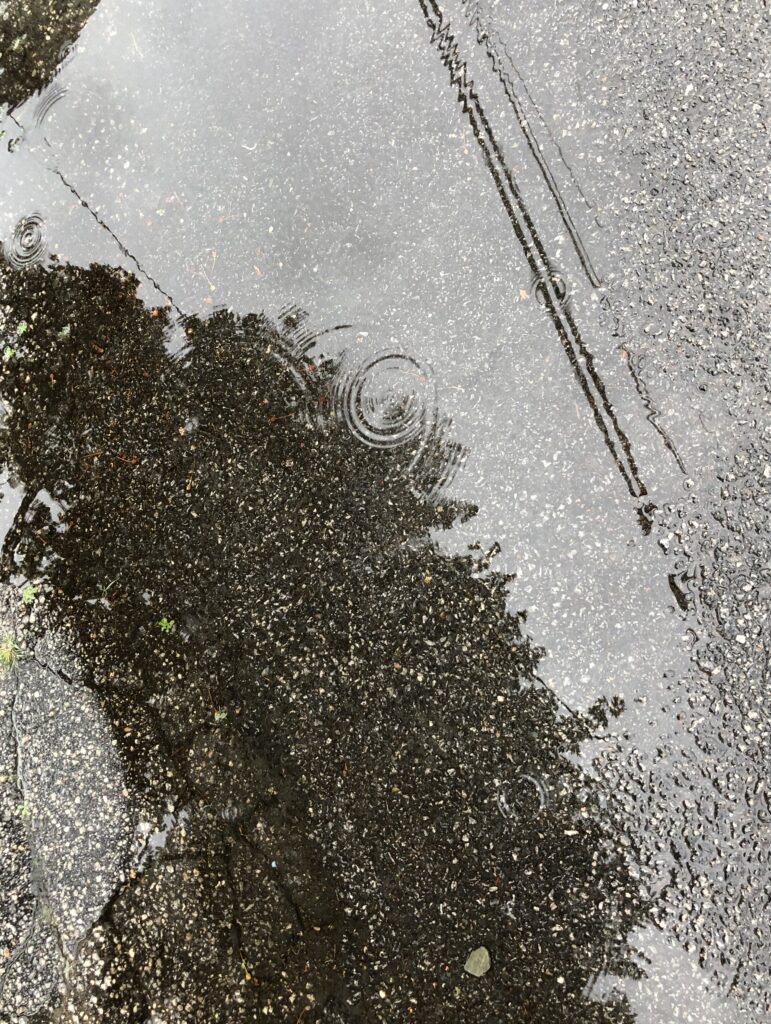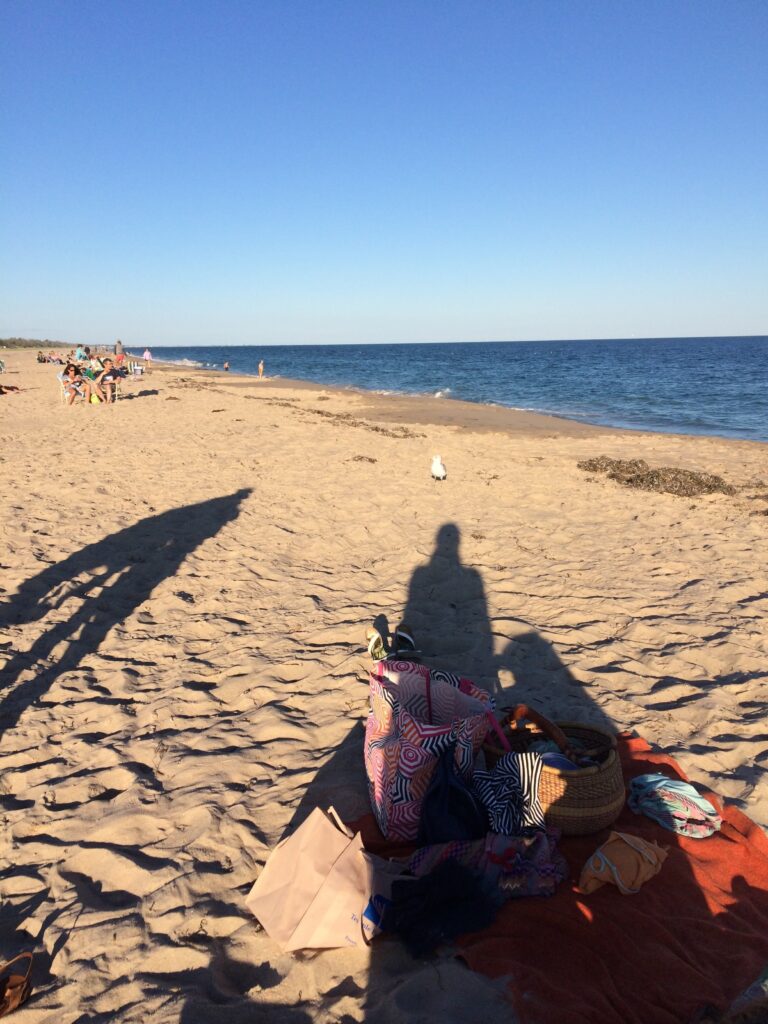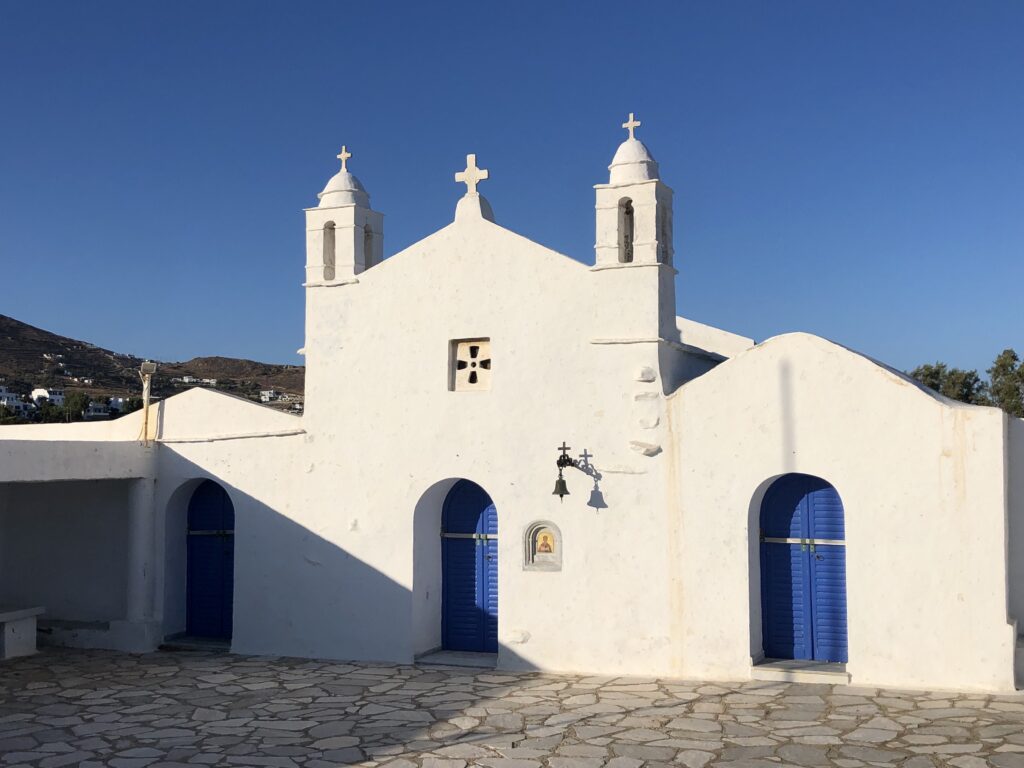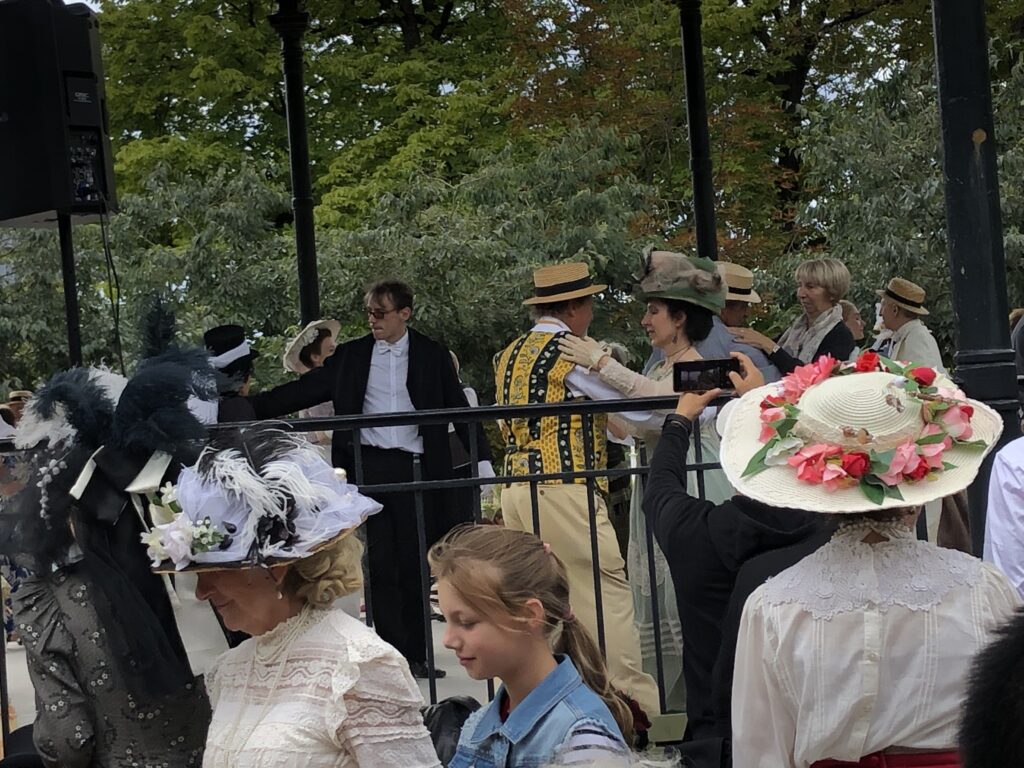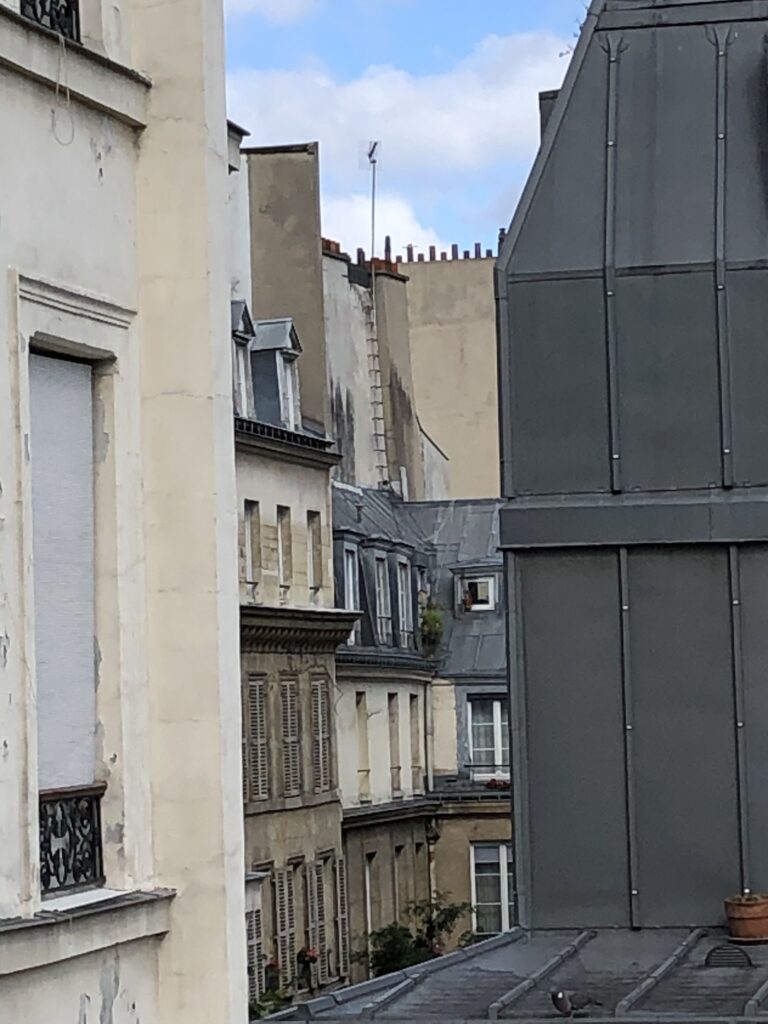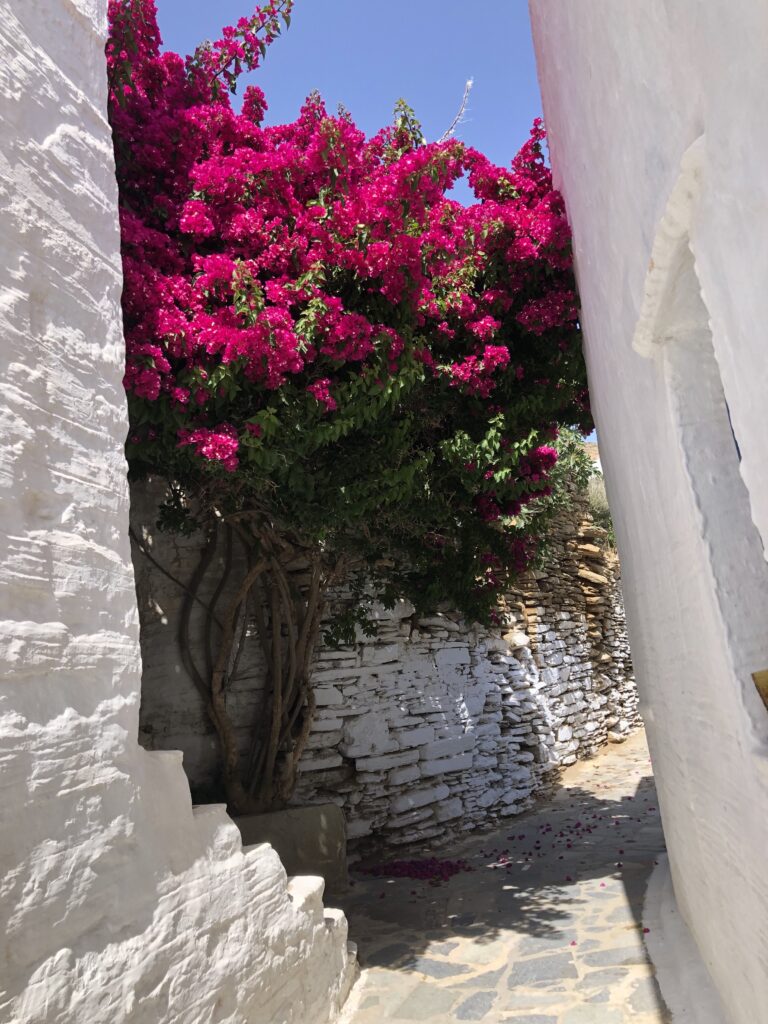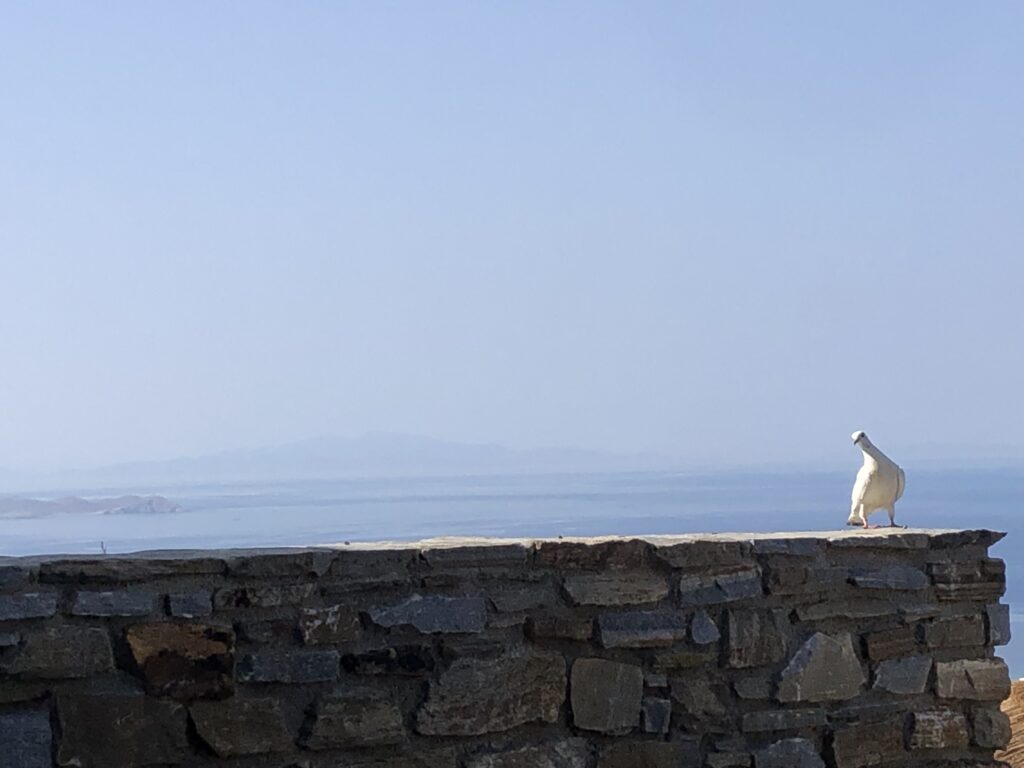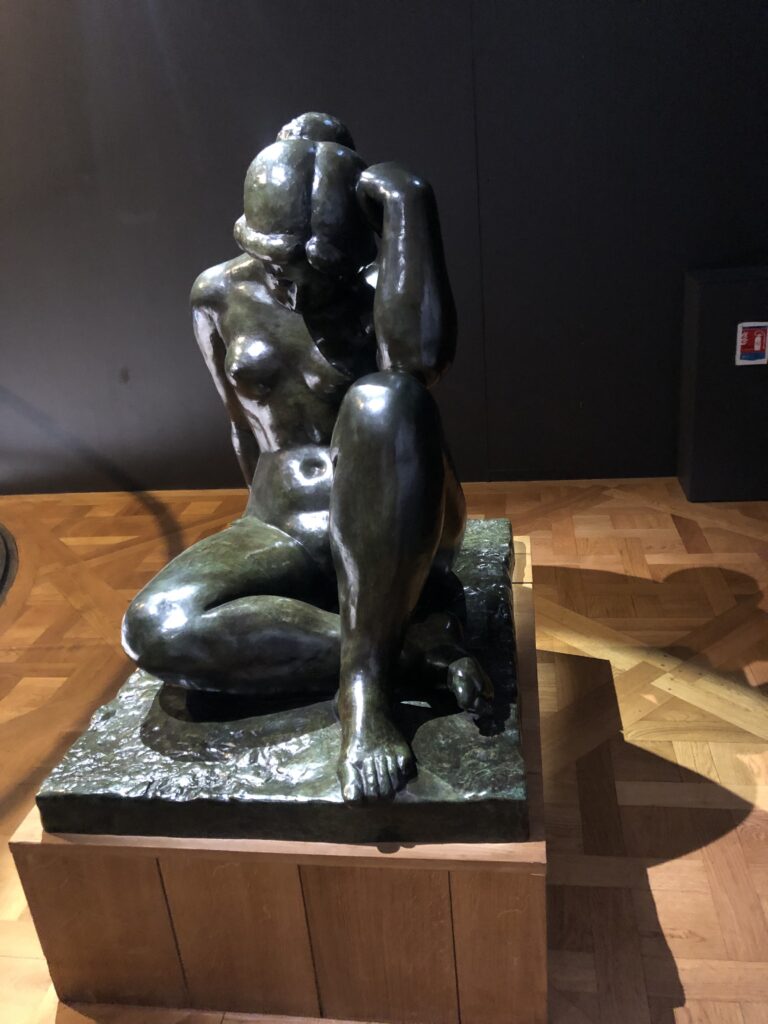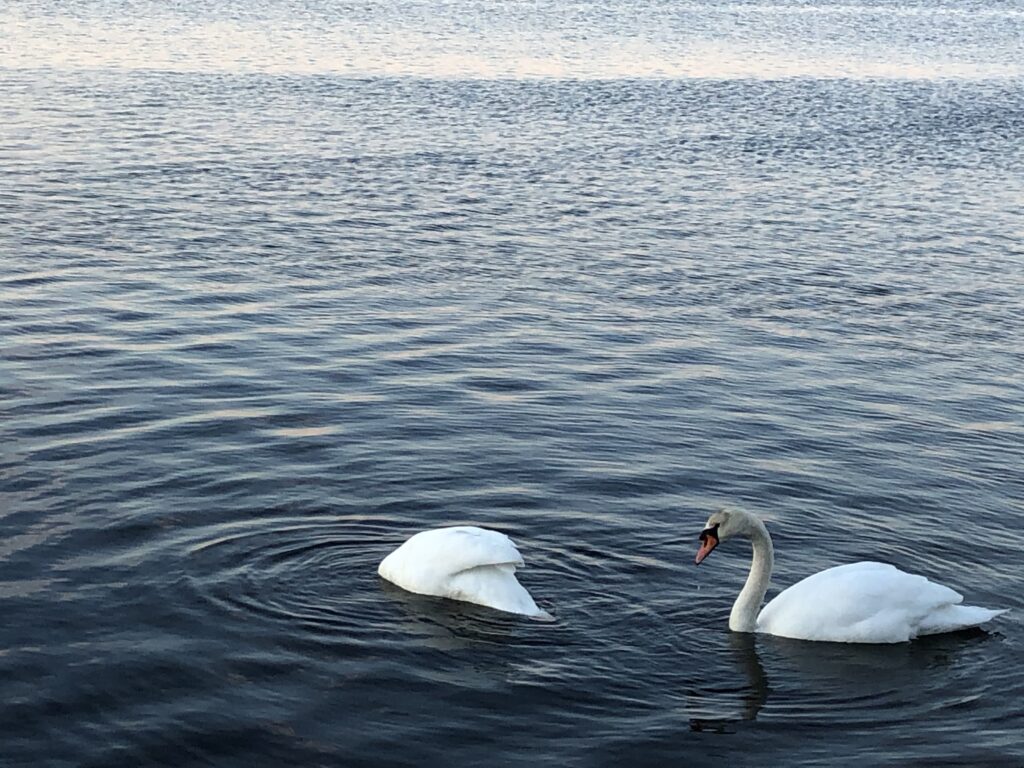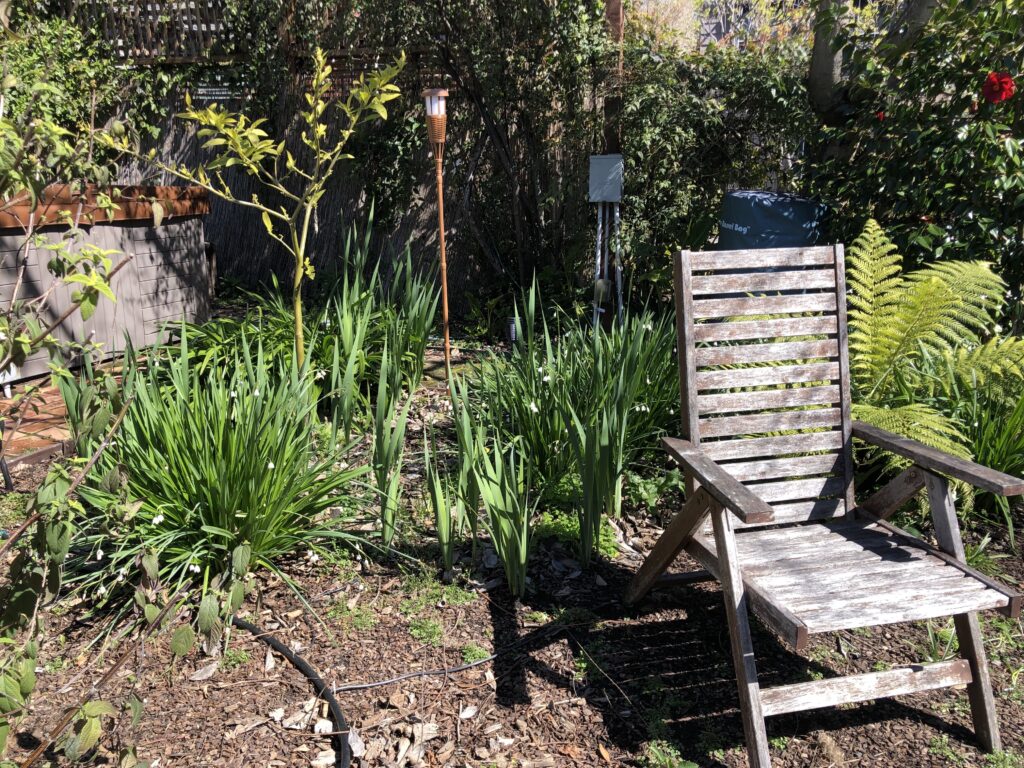When the same word floats up from the most disparate-seeming characters. My yoga teacher. My poetry mentor. A black hat rabbi. The list would be disparate enough without Baudelaire – but the dark prince poet was at the forefront in demanding we slough off our lazy habits that inure us to precision and keep us from paying – drum roll please – Attention! Attention – the practice my yoga teacher, poetry mentor and rabbi insist we devote ourselves to rather than allow slothful addiction to routine to cloud perception of what is.
The reason I think about it is that this weekend: Shofar! The curly ram’s horn provocateur is regularly blown on Rosh Hashanah, the Jewish New Year. One prayer: May the cry of the shofar chatter our complacency. Another: May the cry elicit the response, hineini, I’m in the moment. As Maimonides said, “Awake, O you sleepers, awake from your sleep! O you slumberers, awake from your slumber.”
Then there’s the fact that this Saturday, the shofar took a Shabbat rest; the routine that breaks routine was broken. The rabbi compared us to attendees to John Cage’s 4:33, walking into the hall expecting a blast – and instead we hear silence. Or non-silence: coughs, shoes, heavy breath, pulse of the universe. Dereglement of the senses. Music/life in the white space. Or rather, music/life is the white space.

